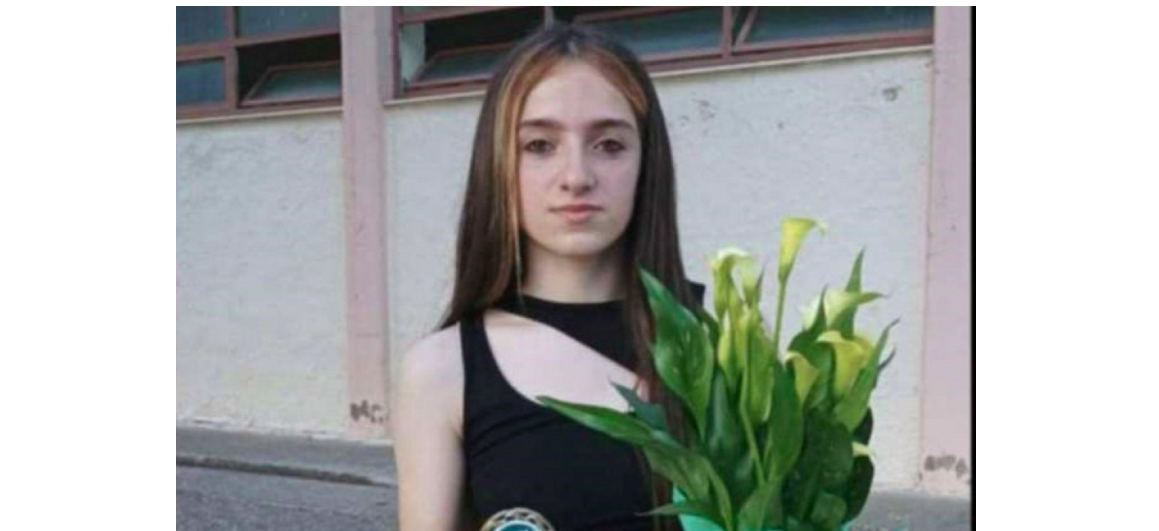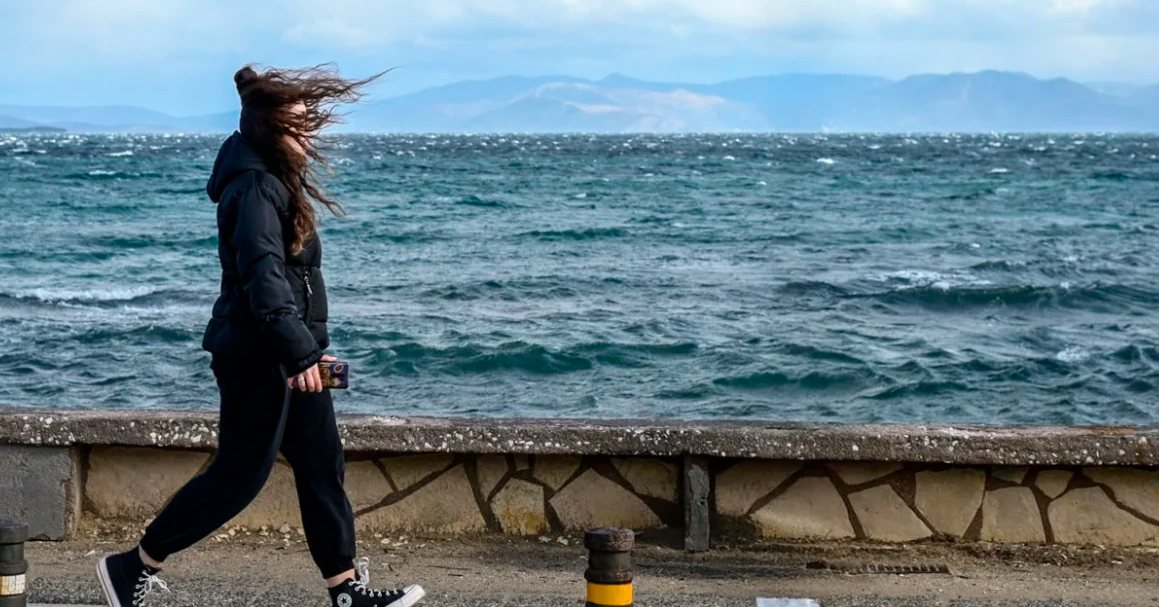The tax authority is increasing pressure and scrutiny on influencers and social media stars promoting products and services. At the same time, creators on platforms like Facebook, Instagram, and TikTok are beginning to defend themselves using legal tools.
A recent example involves an influencer targeted by the Syros tax office to check if she was declaring all her income. Her selection for the audit came through indirect control techniques, but she managed to defend herself by justifying her income sources, even filing an appeal with the Dispute Resolution Directorate (DED).
While this influencer escaped penalties, it’s not guaranteed that other prominent or lesser-known figures under tax scrutiny will have the same outcome. Just one photo can trigger the tax authority’s automated system to start an audit, with access to bank accounts, income, and asset declarations now almost instantaneous.
Several notable cases are already underway to verify if tax evasion has been detected. These audits extend beyond recent posts, delving into years of online activity to find anything uploaded on the web.
TikTok and all platforms where likes are converted into money are key targets. Creators’ questionable financial activities are under scrutiny to track possible money laundering.
How the Influencer from Syros Defended Herself
A decision from the Dispute Resolution Directorate shows that these cases aren’t always straightforward.
The Syros tax office conducted audits on the influencer’s records and bank accounts (withdrawals and deposits) from 2017 to 2020. She was asked to provide all necessary documents proving the origin of the funds credited to her accounts and whether they had been taxed under specific provisions or were tax-exempt.
Although nothing suspicious was found in her bank accounts, she was asked to submit copies of invoices and any agreements with advertisers featured in her social media posts, which were documented in the Audit Directorate’s files.
Auditors closely examined posts where, according to them, various products or businesses were promoted through tagged accounts. They concluded that, due to her popularity, her posts positively impacted the companies she promoted, as thousands of users followed her and likely wanted to emulate her appearance or lifestyle. Since there were no invoices for these posts, indirect income assessment techniques were applied, and fines were imposed for undeclared income:
- 2017: €58,625 + VAT €14,070
- 2018: €65,875 + VAT €15,810
- 2019: €44,025 + VAT €10,566
- 2020: €17,000 + VAT €4,080
After the initial shock, the influencer filed an appeal. Ultimately, the DED ruled that the indirect audit techniques should not have been applied, as the auditors lacked sufficient evidence for the non-invoiced posts. The case was closed, though similar cases could have different outcomes in the future.





